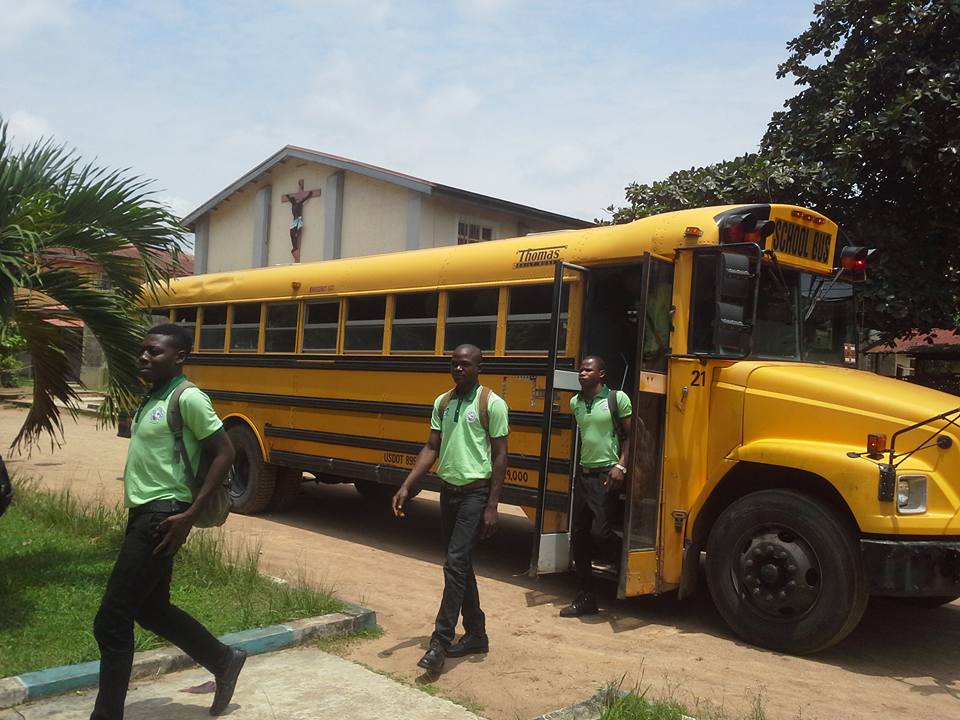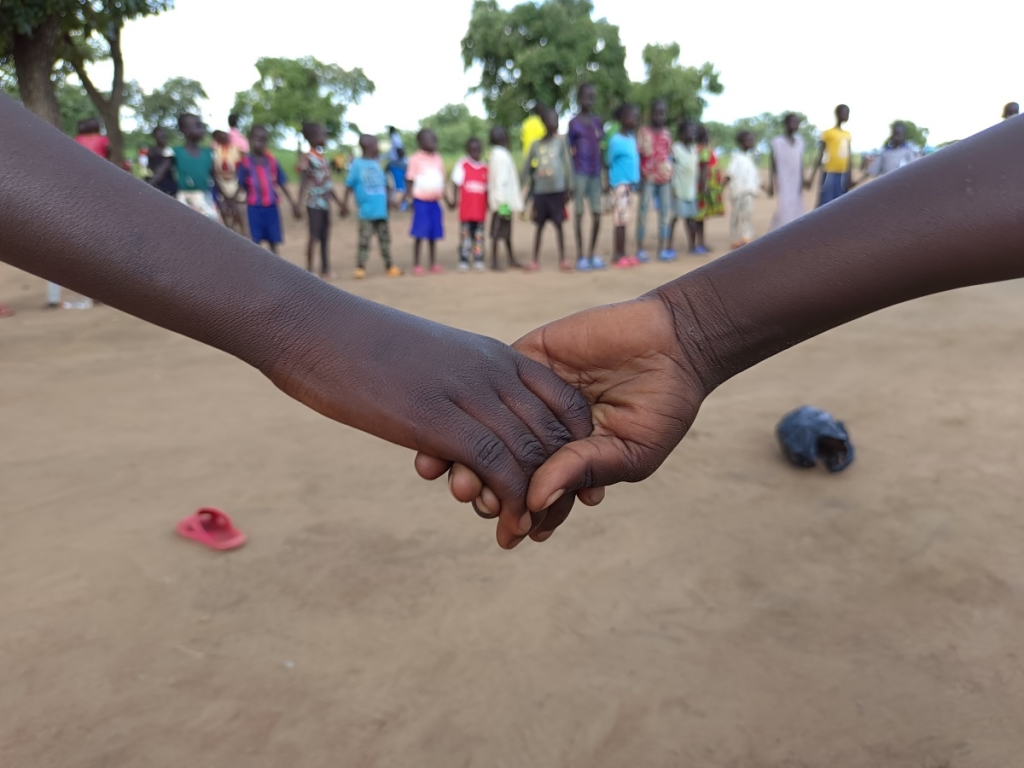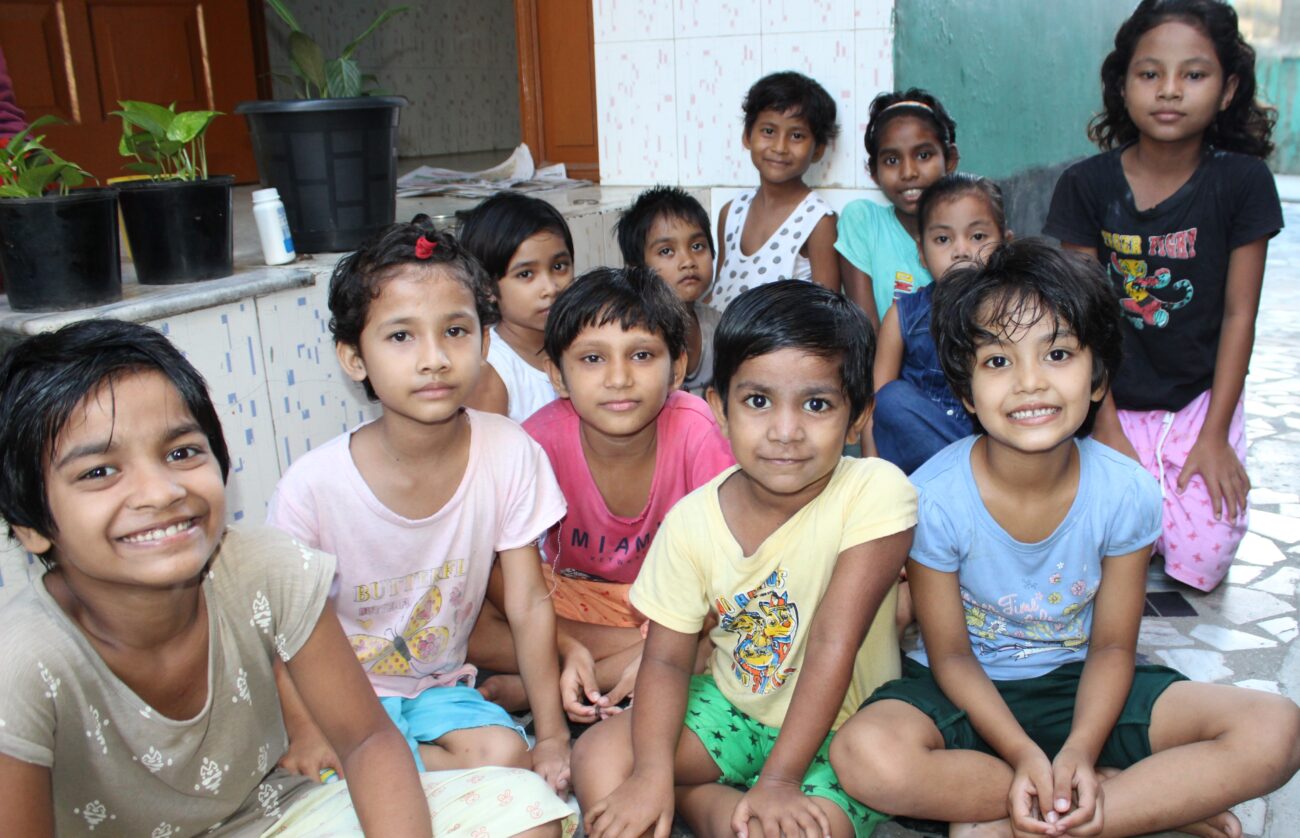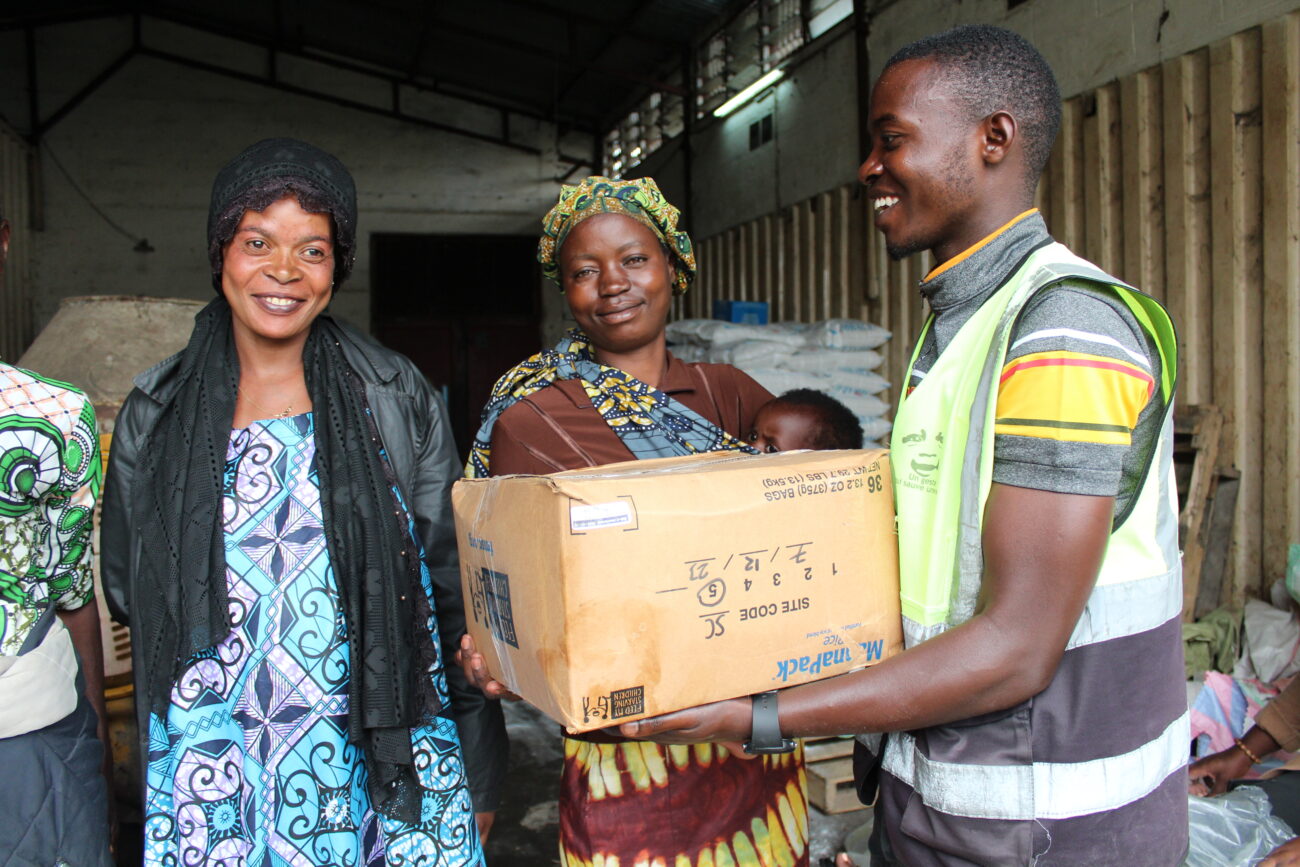NIGERIA: Bus donation coordinated by Salesian Missions ensures students have transportation they need for school events and activities

(MissionNewswire) John Bosco Institute of Technology in Ondo, Nigeria has a new school bus thanks to a donation from Stocker Bus Co. in Newton, New Jersey. Salesian Missions, the U.S. development arm of the Salesians of Don Bosco, secured the donation and shipped it to the Salesian school. The bus will be used for transport for student activities and sports competitions. The staff and students at the school are very grateful for the new transportation.
“I wish to express our sincere appreciation to Salesian Missions and the donor for the donation of the school bus to our community,” says Father Eric Akinboboye, a Salesian priest in the Ondo community. “The gift will go a long way to easy the stress our students go through in planning for their excursions and sports competitions. We assure you that we will make good use of this bus and are appreciative of the support.”
John Bosco Institute of Technology was established in 1987 and graduated more than 2,000 students. Today, 400 students are taking courses in mechanical engineering, wood and aluminum technology, automotive engineering, electrical installation, business administration, computer science and technology, and event management and decoration. Youth at John Bosco Institute of Technology are learning important skills and trades in order to be prepared for the workforce.
Donations like the bus help ensure that youth are able to take full advantage of everything offered at the school including academic competitions at other schools, peer to peer activities and sporting events. These help students to have a well-rounded school experience while leaving important life skills.
“We are very grateful for the school bus. It will allow us to get to other venues to participate in school events and more easily plan for school activities outside of the school campus. We are thankful to the donors and everyone who made this possible,” says Akinruli Philip, a 19-year-old mechanical engineering student at John Bosco Institute of Technology
According to UNICEF, Nigeria is Africa’s most populous country and the ninth most populous country in the world. With an estimated population of 150 million, one in every five Africans is a Nigerian. The country has been undergoing explosive population growth and has one of the highest growth and fertility rates in the world. By UN estimates, Nigeria will be one of the countries responsible for most of the world’s total population increase by 2050.
While Nigeria has the second strongest economy in Africa, it also has extreme rates of poverty with 100 million people living on less than $1 a day. About 64 percent of households in Nigeria consider themselves to be poor while 32 percent of households say their economic situation had worsened over a period of one year, according to UNICEF. Poverty still remains one of the most critical challenges facing the country and population growth rates have meant a steady increase in the number of people living in conditions of poverty.
Nigeria also has roughly 3.5 million people infected with HIV, ranking it third among the countries with the highest HIV (human immunodeficiency virus) and AIDS (acquired immune deficiency syndrome) burden in the world, next only to India and South Africa, according to UNAIDS. The country has 1.5 million of its residents requiring antiretroviral therapy treatment and more than 200,000 people die each year from HIV/AIDS related complications. Nigeria also has a staggering 1.8 million AIDS orphans whose parents have succumbed to the disease. Entrenched gender inequalities, chronic and debilitating poverty, and stubborn persistence of HIV/AIDS-related stigma and discrimination significantly contribute to the continuing spread of the infection.
###
Sources:
UNICEF – Nigeria




